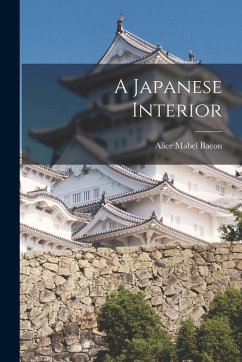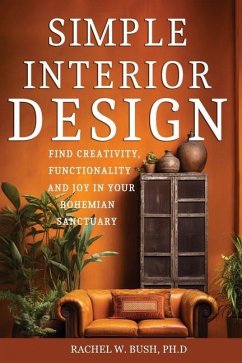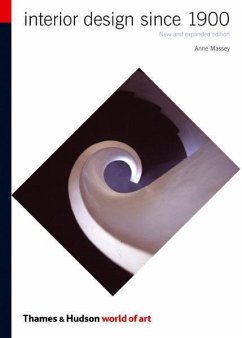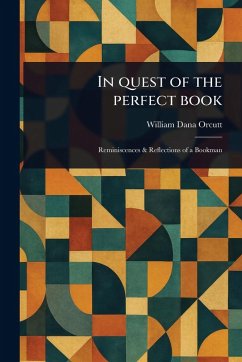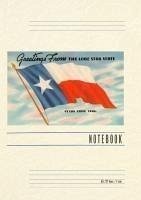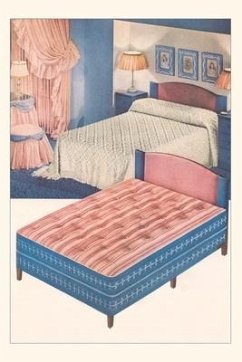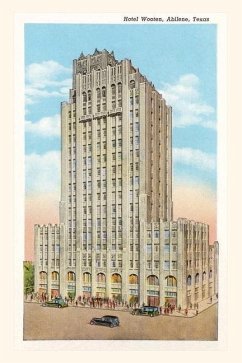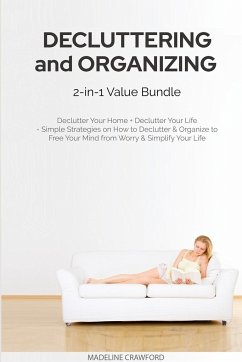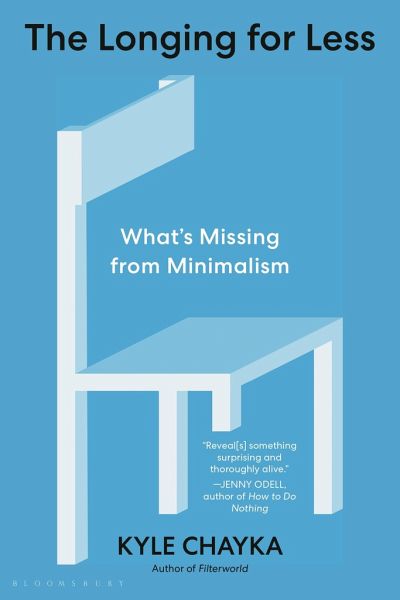
The Longing for Less
What's Missing from Minimalism
Versandkostenfrei!
Versandfertig in über 4 Wochen
14,99 €
inkl. MwSt.
Weitere Ausgaben:

PAYBACK Punkte
7 °P sammeln!
The New Yorker staff writer and Filterworld author Kyle Chayka examines the deep roots-and untapped possibilities-of our newfound, all-consuming drive to reduce. "Less is more": Everywhere we hear the mantra. Marie Kondo and other decluttering gurus promise that shedding our stuff will solve our problems. We commit to cleanse diets and strive for inbox zero. Amid the frantic pace and distraction of everyday life, we covet silence-and airy, Instagrammable spaces in which to enjoy it. The popular term for this brand of upscale austerity, "minimalism," has mostly come to stand for things to buy a...
The New Yorker staff writer and Filterworld author Kyle Chayka examines the deep roots-and untapped possibilities-of our newfound, all-consuming drive to reduce. "Less is more": Everywhere we hear the mantra. Marie Kondo and other decluttering gurus promise that shedding our stuff will solve our problems. We commit to cleanse diets and strive for inbox zero. Amid the frantic pace and distraction of everyday life, we covet silence-and airy, Instagrammable spaces in which to enjoy it. The popular term for this brand of upscale austerity, "minimalism," has mostly come to stand for things to buy and consume. But minimalism has richer, deeper, and altogether more valuable gifts to offer. New Yorker staff writer Kyle Chayka is one of our sharpest cultural critics. In The Longing for Less, he delves beneath the glossy surface of minimalist trends, seeking better ways to claim the time and space we crave. His search leads him to the philosophical and spiritual origins of minimalism, and to the stories of artists such as Agnes Martin and Donald Judd; composers such as John Cage and Julius Eastman; architects and designers; visionaries and misfits. As Chayka looks anew at their extraordinary lives and explores the places where they worked-from Manhattan lofts to the Texas high desert and the back alleys of Kyoto-he reminds us that what we most require is presence, not absence. The result is an elegant synthesis of our minimalist desires and our profound emotional needs. With a new afterword by the author.




